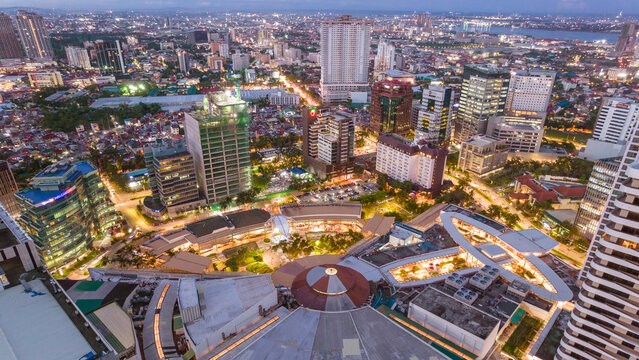What is the current state of Cebu Local Real Estate Market?

What is the current state of Cebu Local Real Estate Market?
The real estate market in Cebu has been an area of significant interest in recent years. With its booming economy, stunning natural landscapes, and increasing urbanization, the region has witnessed a surge in real estate development. In this blog, we will delve into the latest news trends and provide an in-depth analysis of the current state of the Cebu local real estate market.
Rapid Urbanization:
Cebu's urban landscape has been rapidly evolving, with various cities and townships experiencing significant development. Infrastructure projects such as new highways, bridges, and transportation systems have contributed to the accessibility and desirability of certain areas. Developers are capitalizing on this trend by constructing mixed-use developments, residential towers, and commercial centers.
Increasing Demand for Residential Properties:
The demand for residential properties in Cebu remains strong. Both locals and foreign investors are attracted to the region's tropical climate, vibrant culture, and potential for high returns on investment. Condominiums and townhouses in prime locations such as Cebu City, Mandaue, and Lapu-Lapu continue to be in high demand, particularly among young professionals and expatriates.
Rise of Suburban Living:
While urban areas remain popular, there is also a growing trend towards suburban living in Cebu. Developments in the outskirts of the city, such as Talisay, Consolacion, and Minglanilla, are gaining attention due to their affordable housing options, tranquil environment, and proximity to commercial centers. This shift towards suburban living is driven by the desire for more space, privacy, and a closer connection to nature.
Tourism and Hospitality Investments:
Cebu's tourism industry has experienced a steady growth, attracting both local and international tourists. This has led to increased investments in the hospitality sector, including the construction of hotels, resorts, and vacation rental properties. Areas like Mactan Island, known for its pristine beaches and proximity to the airport, have become hotspots for real estate development catering to the tourism market.
Technology and Innovation:
The digital transformation has not bypassed the real estate industry in Cebu. Property listing websites, virtual property tours, and online transactions have become common practices, making it easier for buyers and sellers to connect and conduct business. Real estate developers are also incorporating smart home technologies and sustainable design practices to cater to the evolving needs of buyers and contribute to a greener future.
Challenges and Future Outlook:
Despite the positive trends, challenges persist in the Cebu real estate market. Issues such as traffic congestion, inadequate infrastructure in some areas, and the need for sustainable urban planning require attention. Additionally, market fluctuations and regulatory changes can impact investment decisions and market dynamics.
Looking ahead, the future of Cebu's real estate market appears promising. The region's economic growth, government support for infrastructure development, and the influx of investments create a conducive environment for continued expansion. However, stakeholders must strike a balance between development and environmental preservation to ensure sustainable growth.
Conclusion:
The current state of Cebu's local real estate market is dynamic and ever-evolving. The region's rapid urbanization, increasing demand for residential properties, rise of suburban living, tourism investments, technological advancements, and various challenges shape the market landscape. Whether you are a buyer, seller, or investor, understanding these trends and keeping track of the latest news will help you navigate the Cebu real estate market successfully.
#realestatetips
#ceburealestate
#samuelolaoandassociates










